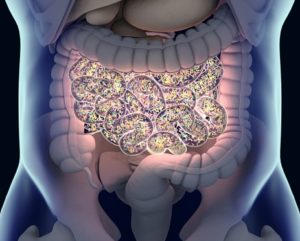A recent study explored the potential causal link between plasma caffeine levels and the risk of inflammatory bowel disease (IBD), focusing on subtypes such as ulcerative colitis (UC) and Crohn’s disease (CD). Using a Mendelian randomization (MR) design, researchers analyzed genetic data associated with caffeine metabolism from genome-wide association studies (GWAS). The results showed that genetically predicted higher plasma caffeine concentrations were linked to a reduced risk of IBD, with similar trends observed in UC and CD. This suggests that caffeine, beyond its traditional sources like coffee, could have protective effects against these chronic conditions.
The study highlights the limitations of relying solely on observational studies and caffeine intake data, emphasizing the importance of plasma caffeine concentrations for more precise insights. While earlier research on coffee’s impact on IBD showed mixed results, this MR study provides a more robust approach, minimizing confounding factors. These findings offer valuable insights for public health and dietary recommendations, though further research is needed to confirm caffeine’s protective role and understand its variability across different populations.
Reference: Dong H, Xu F, Linghu E. Unraveling the link between plasma caffeine concentrations and inflammatory bowel disease risk through Mendelian randomization. Am J Clin Nutr. 2024 Mar;119(3):711-715. doi: 10.1016/j.ajcnut.2024.01.003. Epub 2024 Jan 10. PMID: 38211690.









